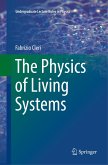
Broschiertes Buch
Softcover reprint of the original 1st ed. 2016
22. April 2018
Springer / Springer International Publishing / Springer, Berlin
978-3-319-80858-1
| Gebundenes Buch | 46,99 € | |
| eBook, PDF | 48,95 € |
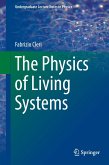
Gebundenes Buch
1st ed. 2016
14. Oktober 2016
Springer / Springer International Publishing / Springer, Berlin
978-3-319-30645-2
eBook, PDF
8. Oktober 2016
Springer International Publishing
Ähnliche Artikel
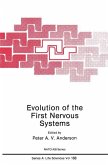
Gebundenes Buch
1989
30. Juni 1990
Springer / Springer US / Springer, Berlin
978-0-306-43529-4

Gebundenes Buch
1987
31. Oktober 1987
Springer / Springer US / Springer, Berlin
978-0-306-42685-8

Gebundenes Buch
2012
13. Dezember 2011
Springer / Springer New York / Springer, Berlin
80035047,978-1-4614-1990-7

Gebundenes Buch
2012
1. November 2011
Springer / Springer New York / Springer, Berlin
80060889,978-1-4614-0328-9

Gebundenes Buch
1996.
30. April 1996
Springer / Springer US / Springer, Berlin
978-0-306-45142-3

Broschiertes Buch
2011
14. Juli 2013
Springer / Springer New York / Springer, Berlin
978-1-4614-2896-1

Gebundenes Buch
2011
8. September 2011
Springer / Springer New York / Springer, Berlin
80028132

Broschiertes Buch
Softcover reprint of the original 1st ed. 2012
23. August 2016
Springer / Springer New York / Springer, Berlin
978-1-4939-5204-5
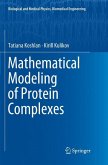
Broschiertes Buch
Softcover reprint of the original 1st ed. 2018
28. Dezember 2018
Springer / Springer International Publishing / Springer, Berlin
978-3-030-07481-4
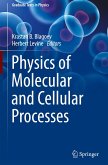
Gebundenes Buch
1st ed. 2022
9. September 2022
Springer / Springer International Publishing / Springer, Berlin
978-3-030-98605-6
Ähnlichkeitssuche: Fact®Finder von OMIKRON
